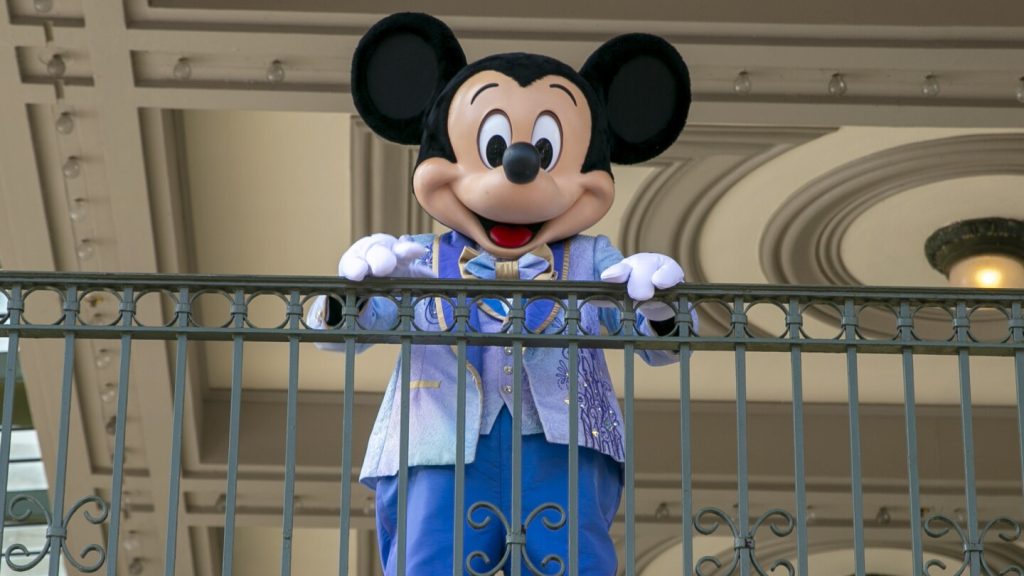The expiration of copyright on classic characters and stories, such as Winnie the Pooh and Mickey Mouse, has opened up a new era of creative possibilities. This has led to the emergence of projects like “Winnie the Pooh: Blood and Honey,” a slasher-film twist on the beloved children’s character. With works like Winnie the Pooh entering the public domain, a wave of new stories and ideas is expected to follow, including plans for a “Poohniverse” that incorporates other twisted public domain characters like Bambi and Pinocchio.
After a two-decade period of copyright extensions, works started entering the public domain in 2019. The release of Winnie the Pooh from copyright in 2022 paved the way for projects like “Blood and Honey” and a growing trend of remixes and mashups. The upcoming entry of Mickey Mouse and other iconic characters into the public domain is expected to further expand this trend, with Superman, Batman, and others set to follow in the coming years.
The potential for new stories and adaptations is immense, but there are concerns about potential repetition and fatigue with classic characters. Some creators see the public domain as an opportunity to explore new ideas, while others worry about the saturation of existing intellectual property. Projects like feminist retellings of “The Great Gatsby” and reinterpretations of Mickey Mouse demonstrate the range of possibilities with public domain works.
Disney, a company known for protecting its intellectual property, has a mixed relationship with fan art and fan fiction. While the company has been successful in adapting public domain properties like “Snow White” and “Pinocchio,” some attempts to capitalize on public domain works, such as Frank Baum’s Oz, have had mixed results. The availability of public domain characters may offer new opportunities for creativity, but success depends on the execution and originality of the projects.
Musicians and artists have differing perspectives on the implications of copyright expiration and the public domain. While some welcome the opportunity for remixing and collaboration, others are concerned about the involvement of corporations and the commercialization of creative works. The rise of AI-generated content also poses new challenges for creators, as the lines between original and derivative work become increasingly blurred.
Overall, the entry of classic characters and stories into the public domain is expected to usher in a new era of creativity and storytelling. While there are concerns about over saturation and repetition, the potential for fresh interpretations and collaborations is vast. As iconic characters like Mickey Mouse and Superman become available for new projects, the entertainment industry is poised for a wave of innovation and reimagination in the coming years.


